SA: Petite Noir blasts Damon Albarn
South Africa-based Congolese musician Petit Noir has lashed out at African Express for unfair treatment of the artists who were part of the project’s latest incursion into South Africa.
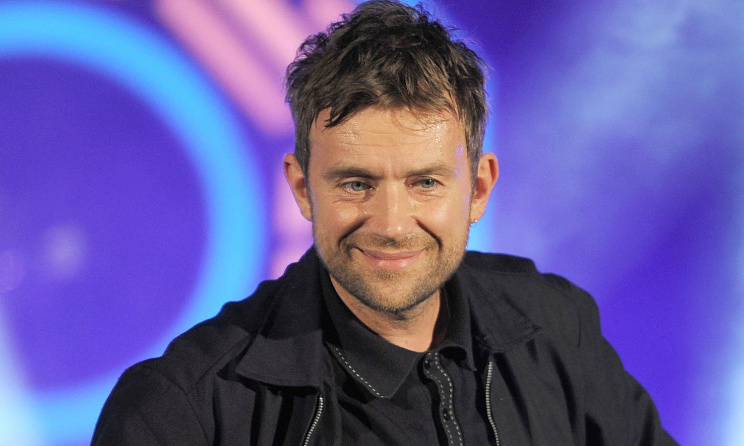 Damon Albarn's Africa Express project has been accused of exploitation of African musicians.
Damon Albarn's Africa Express project has been accused of exploitation of African musicians.
African Express is a collaborative project launched in 2006 by Blur frontman and Gorillaz mastermind Damon Albarn. Albarn, accompanied by other big-name European and US musicians, was in South Africa last week to collaborate and record compositions with a number of local artists.
The weeklong project culminated in a concert at the Tennis Club in Johannesburg on Friday where a disorganised showcase of the work created in the previous week was led by a visibly inebriated Albarn. The gig, which was capped at about 500 concertgoers, also featured Zolani Mahola, Mahotella Queens, Nick Zinner, Spoek Mathambo, Remi Kabaka, Moonchild and Gruff Rhys, among others.
Petite Noir, whose real name is Yannick Ilunga, took to Facebook on Sunday night to post a picture of the African Express contract, which is understood to have been given out to the South African artists who participated in the project. The post was removed on Monday but Music In Africa saved a copy of the contract the musician had attached to it.
The one-page document requires artists to waive the copyrights of the music they created in exchange for £1 ($1.40). This also includes all the recordings and footage filmed as part of the project.
Petite Noir accused Albarn of 21st Century colonisation and shared his disappointment regarding the contractual side of the project with his fans.
“This is the contract that was given out to all the artists after all the music from everyone was done,” he was quoted as saying on the Brooklyn Vegan website.”
“We had artists from around the world and South Africa come in and collaborate but mostly African artists. White people were heading the project. Some people ended up making about six tracks. Once the recording time was done, we were treated like we were nothing all of a sudden.
“Then we were given this piece of sh*t [contract] below which states that they own all the music and we are given 1£… that is obviously all that we are worth right?”
However, the Africa Express contract does state, albeit somewhat dubiously, that there might be some money in for the artists, but only after the costs of the project are recovered.
“Africa Express is committed to supporting music in Africa,” section D of the contract reads. “Should sales or other commercial use of the Album produce a net profit to Africa Express limited after the recoupment of all related costs, then we have agreed those net profits will be applied to the promotion of African music and its artists, in our discretion. This could mean additional sums for the artists involved in the recordings.”
Meanwhile, the Johannesburg concert/listening session was defined by feedback-laden performances that kicked off late without a soundcheck, an intoxicated Albarn trying to hush a talkative and often disinterested crowd, and perpetual confusion between the musicians on stage. Although it was understood that the artists had worked together only for a few days, many concluded that the Africa Express project could have done without the tumultuous gig.
The full Africa Express contract is attached below.
UPDATE
Africa Express replied to the allegations in a Facebook post soon after this article was published.
"Africa Express invites musicians from the UK, Europe and the US to collaborate with African and Middle Eastern artists on live shows, events and album recordings to promote African and Middle Eastern music. We have been doing this for more than a decade, working with hundreds of brilliant musicians," it said.
"AE is not run to make a profit. As we pay all the travel, accommodation and other costs for Western artists joining us on trips, we ask them to volunteer their time. They can make a contribution to our costs if they are willing. We do not pay them. All our contracts are negotiated, discussed and agreed, not inflicted.
"The artists in Africa are treated differently, reflecting often different circumstances. We do pay them for their time.We ensure that all profits made from recordings – after costs – go to artists and the promotion of African music.
"We have just finished a fantastic week of collaboration which we hope will create another great record, like Maison De Jeunes, In C Mali and The Orchestra of Syrian Musicians before it, that will benefit the performers who joined us – and hopefully attract many more listeners for some wonderful musicians."
























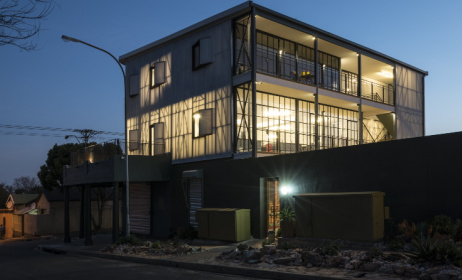
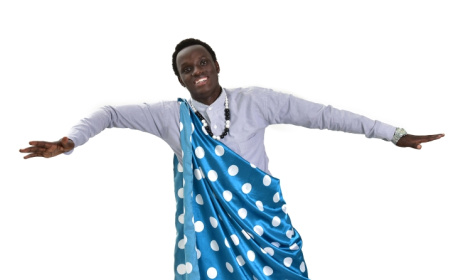

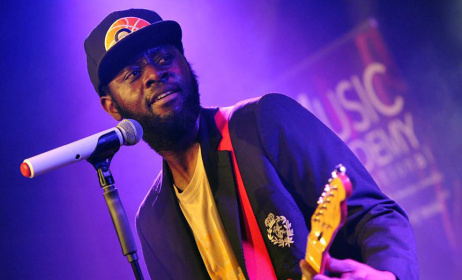


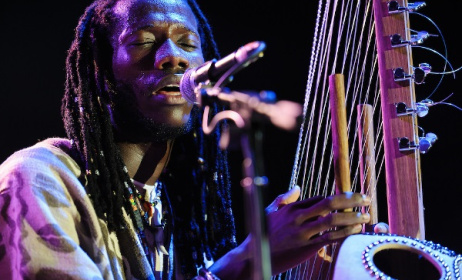
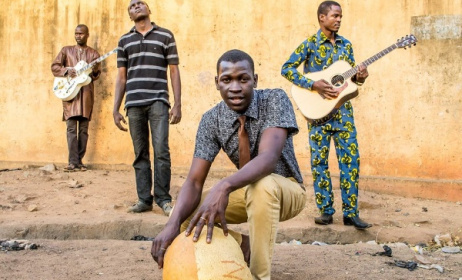
Comments
Log in or register to post comments